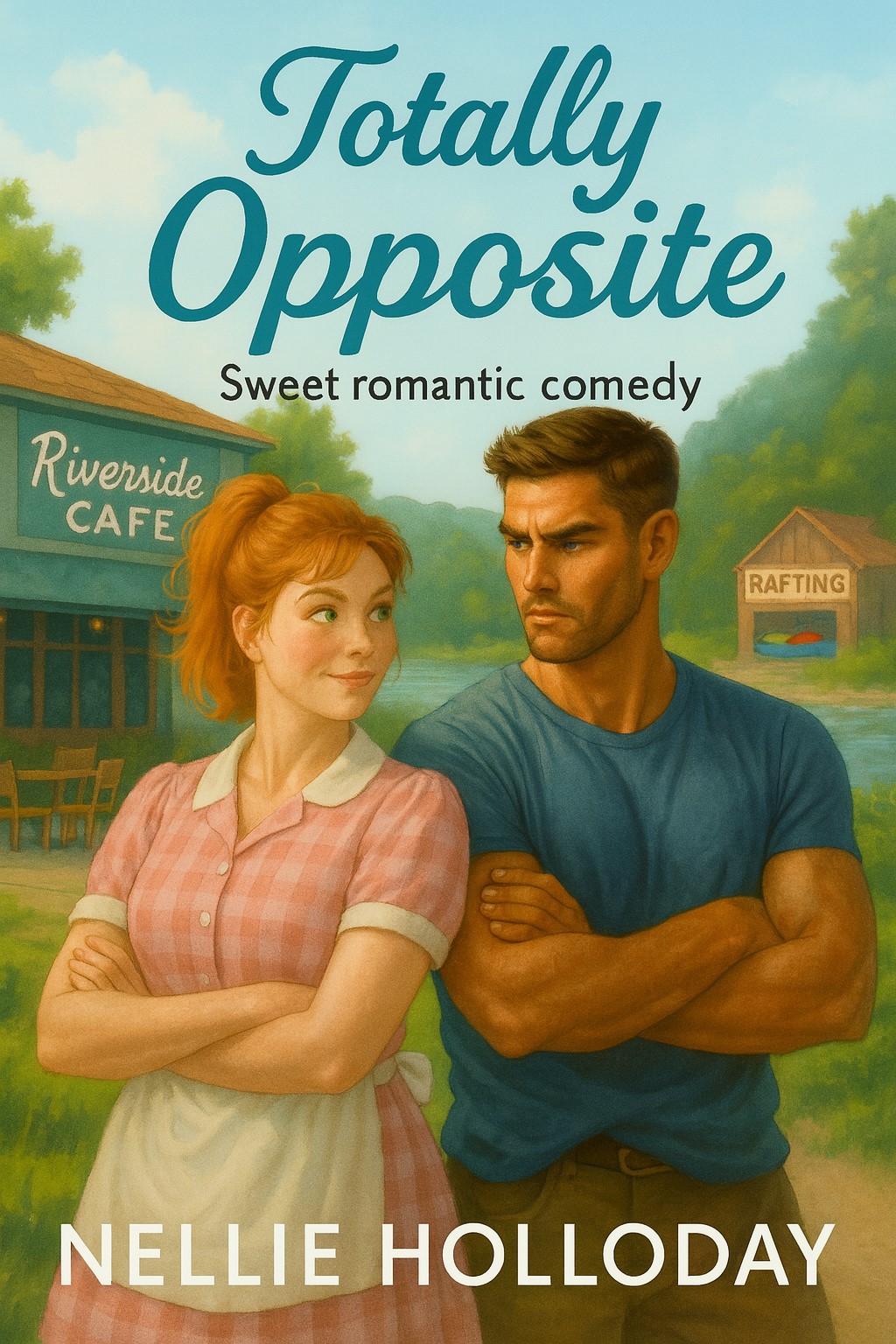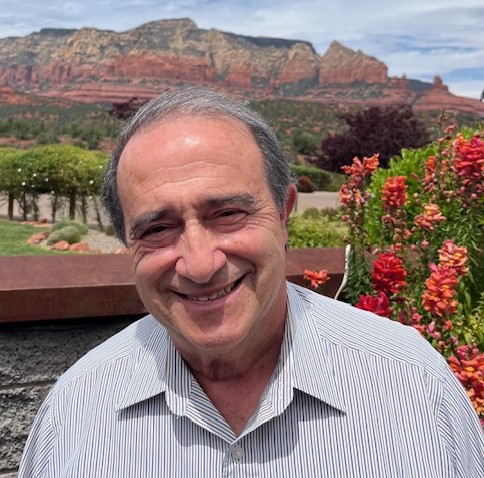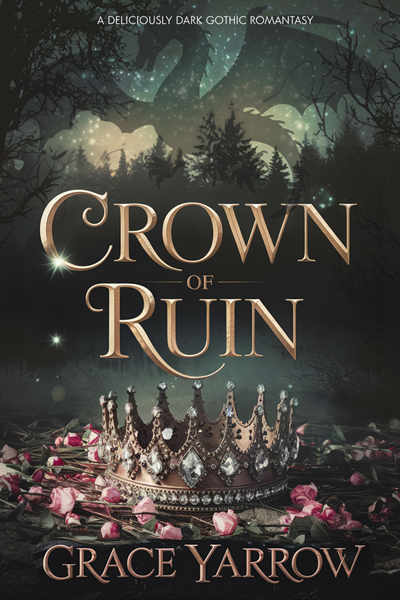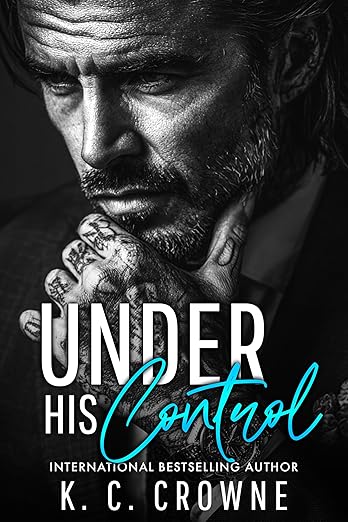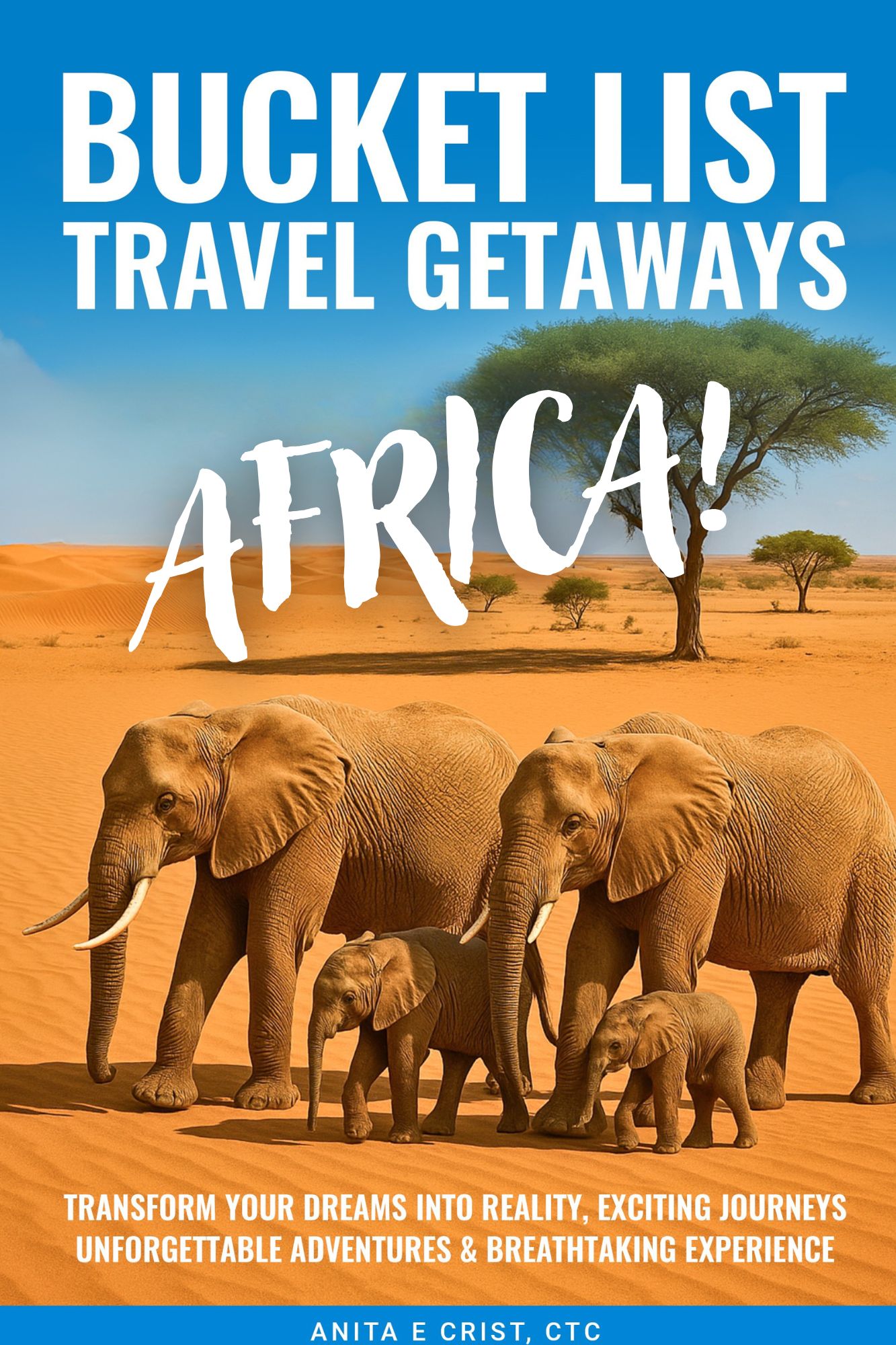Tell us about yourself.:
I am a philosopher and author based in Greece. I founded the Alexis Karpouzos Community to bring people together in the pursuit of spiritual growth, philosophical understanding, and cultural exchange. My work centers on exploring the interconnectedness of all beings and fostering a global consciousness that transcends individual identities and embraces our shared essence. Through my books, courses, and conferences, I aim to inspire others to embark on their own journey of self-discovery and unity with the cosmos.
Where did you grow up, and how did this influence your writing?:
I grew up in Athens, Greece, a city rich in history and culture. The philosophical heritage of ancient Greece, combined with the vibrant cultural environment, deeply influenced my perspective on life and writing. The teachings of ancient Greek philosophers, the myths, and the natural beauty of the region all played a significant role in shaping my thoughts and ideas, which are reflected in my work.
Do you have any unusual writing habits?
My writing process involves immersing myself in nature. I often take long walks in the countryside or by the sea to clear my mind and find inspiration. Additionally, I find that writing late at night, when the world is quiet, helps me connect deeply with my thoughts and ideas. These habits allow me to tap into a more profound sense of creativity and reflection.
What authors have influenced you?
I grew up in Athens, Greece, a city rich in history and culture. The philosophical heritage of ancient Greece, combined with the vibrant cultural environment, deeply influenced my perspective on life and writing. The teachings of ancient Greek philosophers, the myths, and the natural beauty of the region all played a significant role in shaping my thoughts and ideas, which are reflected in my work.
Do you have any advice for new authors?
Absolutely! Here are a few nuggets of wisdom for new authors:
Write Regularly: Make writing a habit. Even if it's just a few sentences a day, consistency helps you build momentum and develop your skills.
Read Widely: Immerse yourself in a variety of genres and styles. Reading expands your understanding of different writing techniques and can spark new ideas.
Embrace Revisions: The first draft is just the beginning. Revising and editing are where the magic happens. Don't be afraid to rewrite and refine your work.
Find Your Voice: Be authentic in your writing. Your unique perspective and voice are what will set your work apart.
Seek Feedback: Don't shy away from constructive criticism. Feedback from others can provide valuable insights and help you improve.
Stay Persistent: The path to becoming a successful author can be long and challenging. Stay dedicated, and don't get discouraged by setbacks.
Connect with Other Writers: Join writing groups or communities. Engaging with other writers can provide support, inspiration, and opportunities for collaboration.
What is the best advice you have ever been given?
The best advice I have ever been given is to always seek understanding and remain curious. This advice encourages a perpetual quest for knowledge and enlightenment, reminding me that true wisdom lies in embracing the journey of learning and growth. It serves as a constant reminder to stay open-minded, question assumptions, and explore the depths of existence with an unwavering thirst for truth
What are you reading now?
As a philosopher, my current reading is always diverse and enriching. Right now, I am delving into a blend of classical and contemporary works. On my bedside table, you’ll find "The Republic" by Plato, offering timeless insights into justice and society, alongside "Being and Time" by Martin Heidegger, which explores the nature of existence. These texts, while challenging, continually inspire and provoke deeper thought and understanding
What’s your biggest weakness?
As a philosopher, my greatest strength is also my greatest weakness: the relentless pursuit of knowledge and understanding. This unquenchable thirst can sometimes lead to an overwhelming sense of the vast unknown and the realization of how little we truly comprehend. It reminds me to stay humble and open to learning, but it can also be a daunting journey that requires constant reflection and balance.
What is your favorite book of all time?
As a philosopher, choosing a single favorite book is like selecting a star from the night sky. However, one book that resonates deeply with me is "The Prophet" by Kahlil Gibran. Its poetic wisdom on love, life, and the human condition continues to inspire and provide profound insights. Gibran's ability to convey timeless truths in such a beautifully expressive manner makes it a work that I return to time and again.
When you’re not writing, how do you like to spend your time?
When I'm not immersed in the world of writing, I enjoy engaging in activities that feed my curiosity and creativity. I love spending time in nature, walking through the serene landscapes of Greece, and finding inspiration in its beauty. Music is another passion of mine; I often find myself lost in melodies and harmonies that resonate with my thoughts and emotions. Additionally, I appreciate the moments spent in deep conversation with fellow thinkers, exploring ideas, and exchanging perspectives. These activities help me stay balanced and continually inspired.
Do you remember the first story you ever read, and the impact it had on you?
The first story I vividly recall reading was "The Little Prince" by Antoine de Saint-Exupéry. This whimsical tale transcends age and touches on deep themes like love, loss, and the essence of human connections. The story's simplicity and profound insights left a lasting impression on me, igniting a lifelong passion for exploring the human condition through storytelling and philosophy. It taught me the importance of seeing the world through the eyes of a child, embracing curiosity, and cherishing the simple yet profound moments in life.
What has inspired you and your writing style?
My writing style is a tapestry woven from diverse sources of inspiration. First and foremost, nature has always been a profound muse, offering endless metaphors and a sense of interconnectedness that permeates my work. The timeless wisdom found in the works of ancient philosophers, such as Heraclitus and Socrates, has deeply influenced my contemplative approach to life's mysteries.
Additionally, the rich cultural and historical heritage of Greece, with its myths, legends, and storied landscapes, infuses my writing with a sense of wonder and timelessness. Music, too, plays a pivotal role, as its rhythms and melodies often mirror the cadence of my prose.
Finally, the human experience itself, with all its joys, sorrows, and complexities, is a constant source of inspiration. Observing and reflecting on the intricacies of life and human emotions shapes the themes and narratives I explore in my work.
What are you working on now?
Currently, I am working on a new philosophical treatise that delves into the concept of "universal consciousness." This work explores the interconnectedness of all beings and the underlying unity that pervades existence. By drawing upon ancient wisdom, modern scientific insights, and personal reflections, I aim to illuminate the profound connections that bind us all.
Additionally, I'm developing a series of poetic meditations that reflect on the nature of existence, love, and the human experience. These pieces are intended to inspire introspection and a deeper appreciation for the beauty and mystery of life.
What is your favorite method for promoting your work?
My favorite method for promoting my work is through engaging in meaningful conversations and sharing my ideas in various public forums. Whether it's giving lectures, participating in symposiums, or interacting with readers through social media, I find that connecting directly with people and exchanging ideas is the most rewarding way to share my work.
Additionally, collaborating with fellow philosophers and writers allows for a broader reach and the opportunity to introduce my work to new audiences. I believe that by fostering a community of thinkers and encouraging open dialogue, the impact of my writings can be amplified and appreciated by a diverse audience.
What’s next for you as a writer?
Looking ahead, I am excited to continue expanding my exploration of universal consciousness and the interconnectedness of all beings. I plan to delve deeper into these themes through both philosophical treatises and poetic meditations, furthering my understanding and sharing my insights with readers.
Additionally, I aim to engage more with the global philosophical community by participating in conferences, hosting workshops, and collaborating on interdisciplinary projects. These interactions will not only enrich my own work but also contribute to a broader dialogue on the nature of existence and the human experience.
Finally, I'm contemplating a series of lectures and online courses to make my ideas more accessible to a wider audience. By fostering a community of thinkers and encouraging open dialogue, I hope to inspire others to explore the profound mysteries of life and our place within the cosmos.
How well do you work under pressure?
Navigating the waves of thought under pressure can be both challenging and invigorating. Personally, I thrive in high-pressure situations. The intensity often sharpens my focus and drives me to delve deeper into my ideas and reflections. It's in these moments that creativity can flourish, leading to profound insights and breakthroughs. Of course, maintaining a sense of balance and mindfulness is crucial to harnessing the positive aspects of pressure without becoming overwhelmed.
How do you decide what tone to use with a particular piece of writing?
Choosing the right tone for a piece of writing is an art form that requires careful consideration of the subject matter, audience, and purpose of the work. Here are some key factors I take into account:
Audience: Understanding who will be reading the piece is crucial. For a scholarly audience, a more formal and academic tone might be appropriate, while a casual and conversational tone might suit a general audience.
Purpose: The intent behind the writing shapes the tone. Is the goal to inform, persuade, entertain, or reflect? Each purpose calls for a different approach to tone.
Subject Matter: The topic itself often dictates the tone. Serious or sensitive subjects may require a respectful and contemplative tone, while lighter topics can be approached with humor and playfulness.
Personal Style: As a writer, my unique voice and style naturally influence the tone. Staying true to my own voice ensures authenticity and helps connect with the reader.
Context: The context in which the piece will be published or shared also plays a role. A blog post, an academic paper, a social media update, and a philosophical essay each demand different tones.
By balancing these factors, I strive to create a tone that resonates with the reader and enhances the overall impact of the writing.
If you could share one thing with your fans, what would that be?
I would share this: Never lose your sense of wonder. Embrace the journey of life with curiosity and open-heartedness. Seek knowledge, not just for the sake of understanding, but to deepen your connection with the world and the people around you. Remember that the greatest insights often come from the simplest moments and that the pursuit of wisdom is a lifelong adventure. Stay true to yourself, cherish your dreams, and always strive to make a positive impact on the world.
Alexis karpouzos’s Author Websites and Profiles
Website
Amazon Profile
Goodreads Profile
Author Profile On Apple Books
Alexis karpouzos’s Social Media Links
Twitter
Instagram
LinkedIn
Pinterest
YouTube Account


